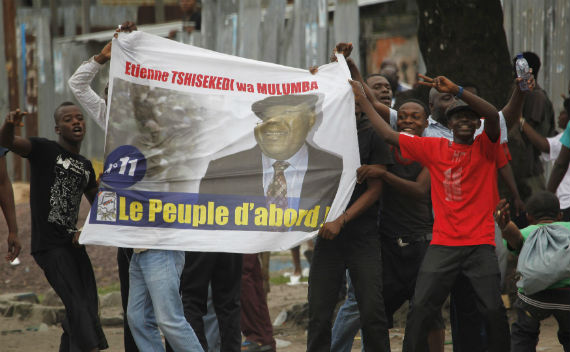An Earlier Congo Election
More on:

This is a guest post by University of Wisconsin-Madison professor emeritus M. Crawford Young.
The statement is often made that the 2006 and 2011 were Congo’s first since 1960. There is a collective amnesia concerning the relatively acceptably conducted national elections in 1965, carried out under the provisions of a new constitution completed in Kananga in mid-1964, and approved by referendum (with North Katanga and a few territories still occupied by rebels and not voting). By late spring 1965, the rebellions were mostly over, and balloting occurred nation-wide for national and provincial assemblies. Some 223 parties competed, linked in two broad (and loose) alliances, one tied to then PM Moise Tshombe, and the other linked to President Joseph Kasavubu. A parliamentary impasse resulted, creating the pretext for the November 1965 Mobutu coup.
Particularly noteworthy is the fact that the elections were entirely conducted by the Congolese; the UN operation ended in mid-1964. Not only did this measure the far greater capacities of the Congo state at the time, but also the degree of infrastructural decay since; it was still possible to move around the country in 1965. None of the accounts of the elections mention a cost factor; they certainly did not require anything remotely resembling the reported $700 million for the much less credible 2011 version.
For detail, see especially the invaluable yearbook of Congo developments, "Congo 1965" (Brussels: CRISP, 1966). The Young-Turner volume, "The Rise and Decline of the Zairian State," has a brief account (pp. 49-51).
More on:
 Online Store
Online Store
